Promoting Your Business Locally
Once you have your website designed, hosted and launched, what next ?
Most business owners that launch a website make the mistake of thinking that once a website is set live, that enquiries will come flooding in. That all the time and effort choosing the colour scheme, images and beautifully crafted text will naturally be rewarded.
The internet, and in particular the web crawler that scan your website and decides which website to serve in response to any particular query, usually has other ideas!
If it was that easy then every single website would be in the number one position for every search term … clearly this is not possible! So what can, and what should you do to promote your website, and thereby increase the likely hood of your site being seen by potential customers?
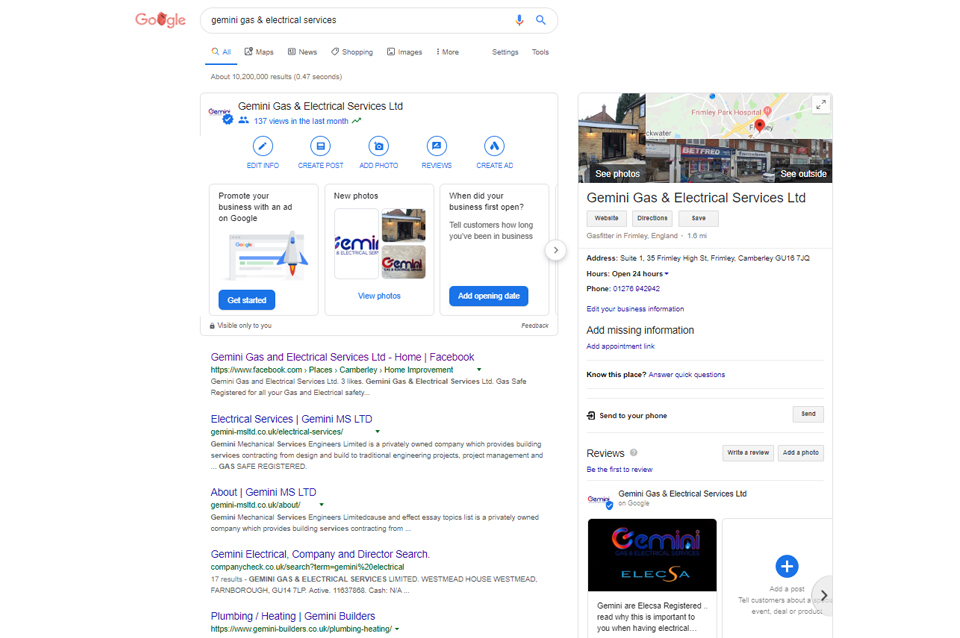
Re-evaluate your website content
This is always a hard concept to get over to most business owners, especially when they have launched their website, but the harsh reality is that the initial content on most websites is not optimised for the search terms that the business needs the website to be found for, or the website is optimised for search terms that no one is searching for.
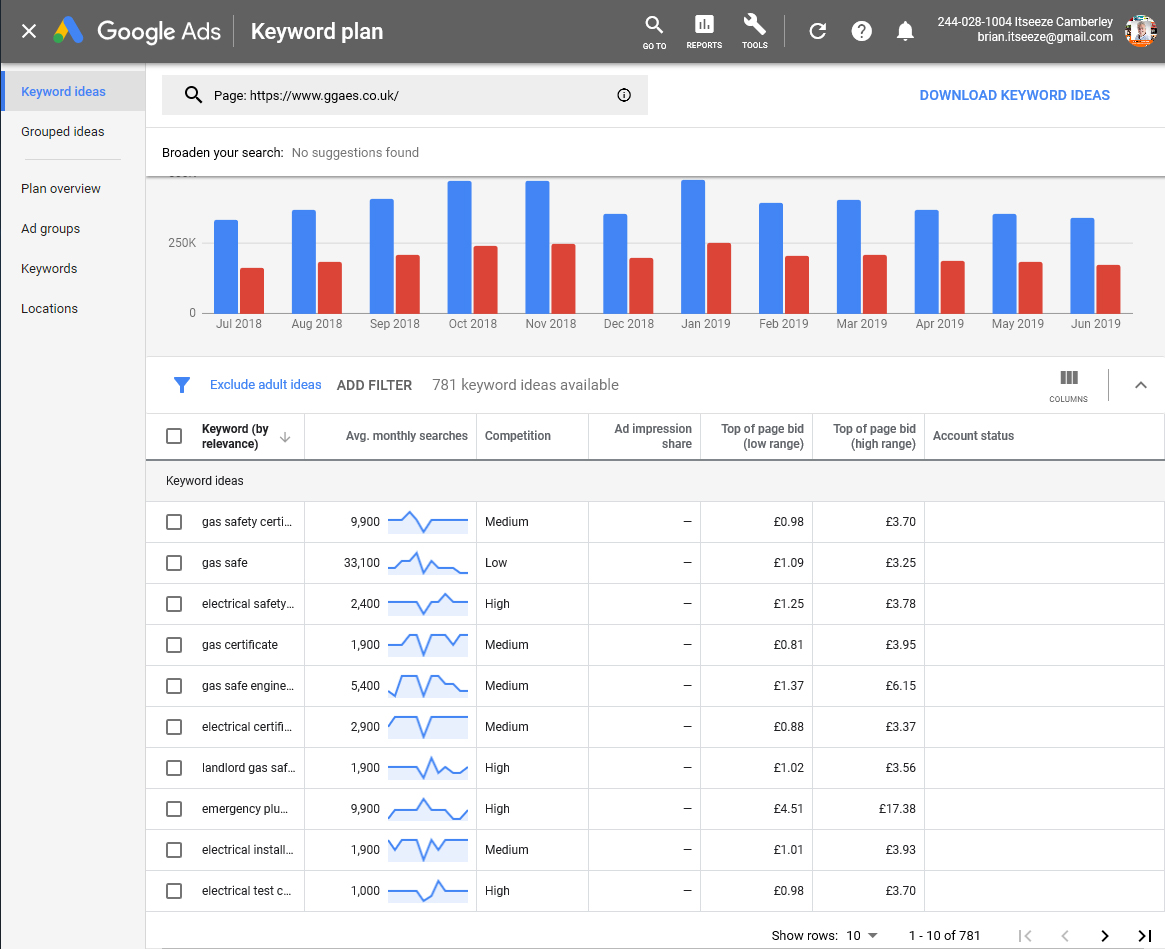
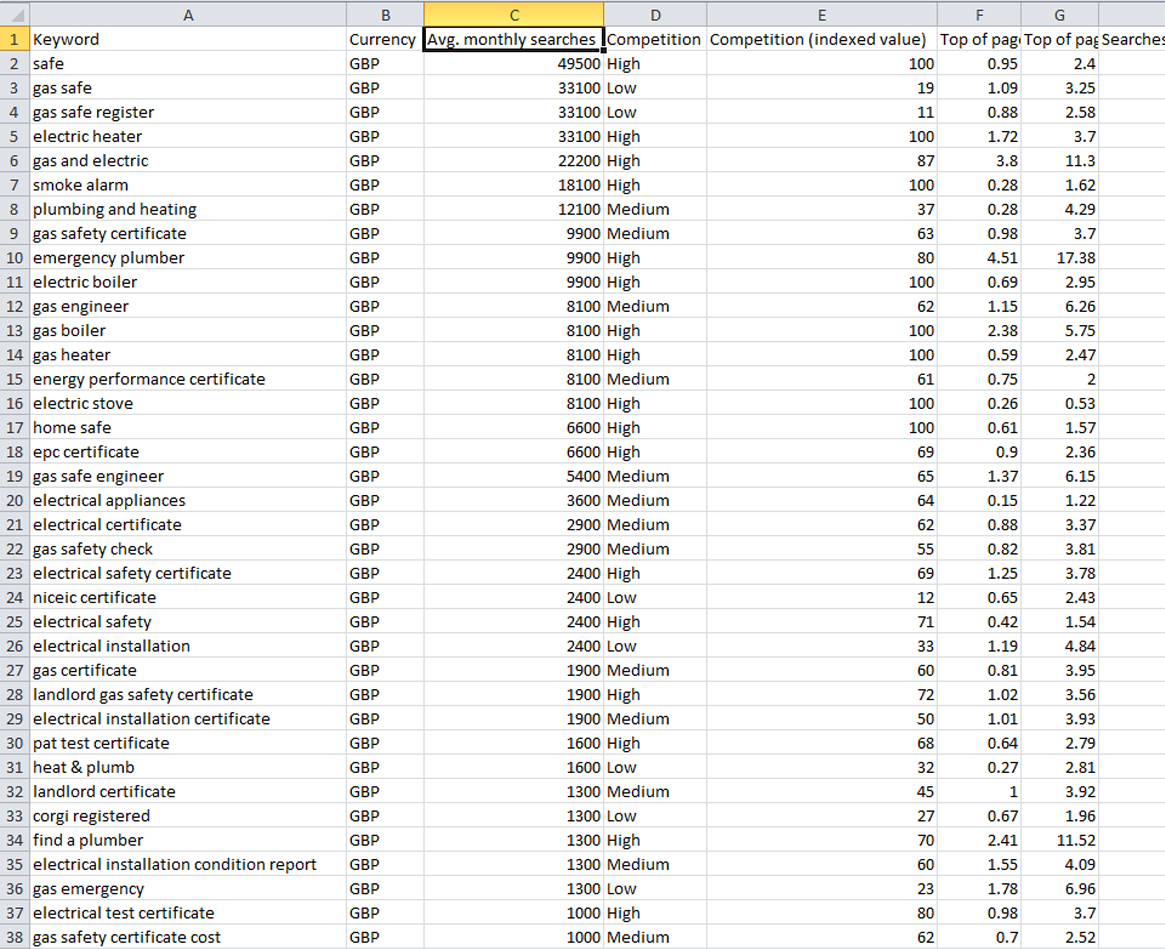
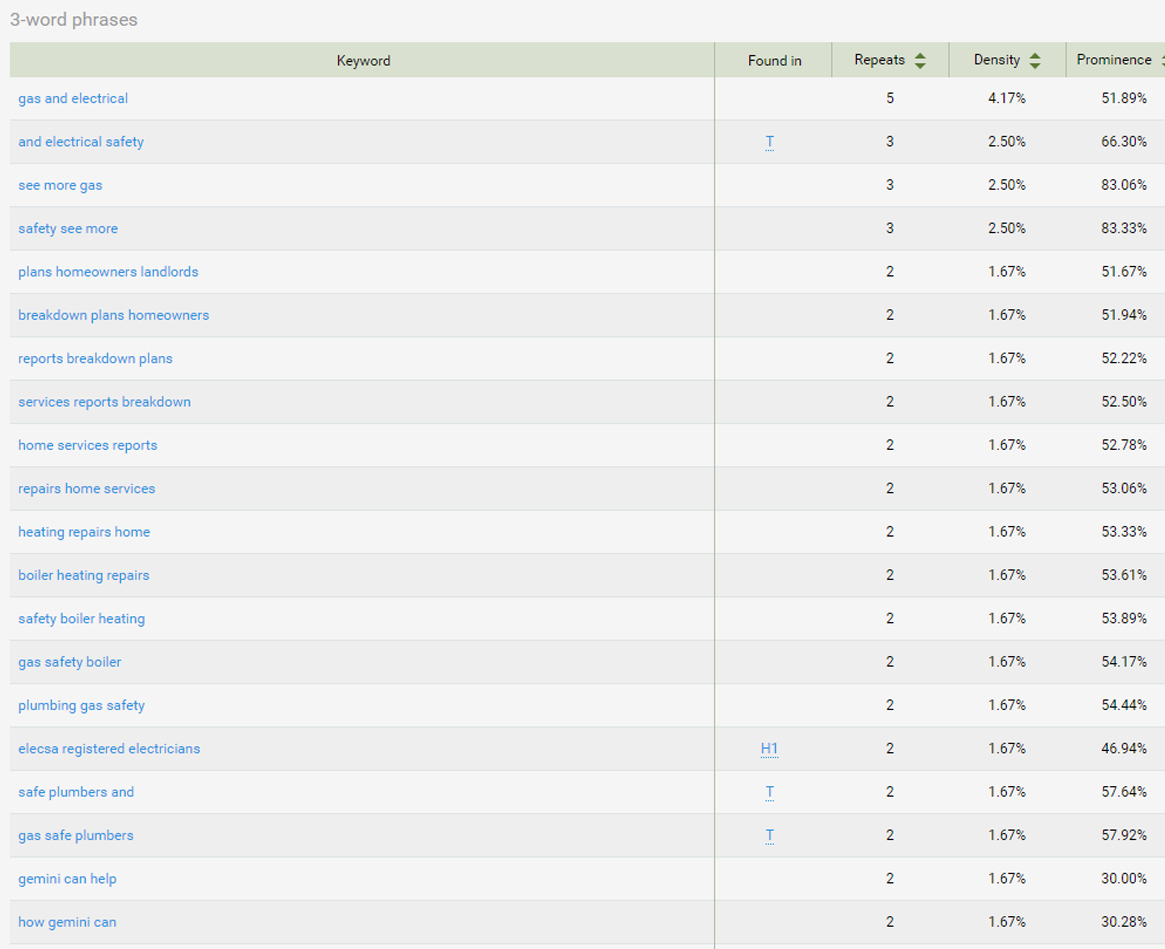
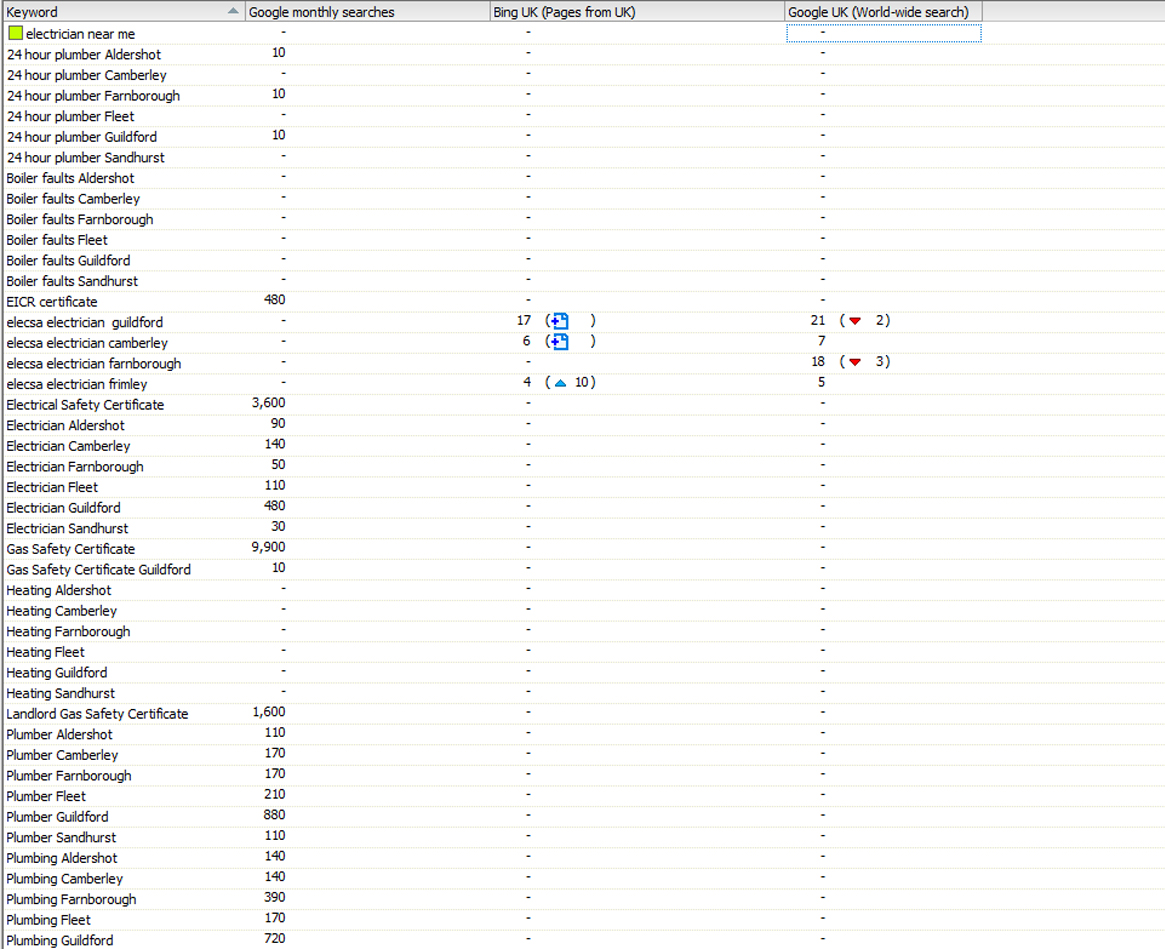
Using a variety of tools to analyse your website content such as Google’s Keyword Planner, Semrush and Web CEO, you can gain an insight as to the monthly search volumes for your chosen keywords, how your website performs for those keywords, and suggestions for additional keywords that you can incorporate within the text of your website.
When the website content has been revised for all the appropriate keyword phrases, then the website is ready for search engine submission and indexing.
Submitting your website for Google and Bing search engine indexing
Search engines will crawl websites when they naturally encounter them, this can be by being reached from a link on an existing website, or by supplying sitemaps via the appropriate webmaster tools. The fundamentals of search, include crawling and indexing. The two main search engines, Google and Bing provide tool suites to help you submit and analyse website traffic.
Both search engines operate independently and while Google is by far the largest search engine in terms of search volume, Bing is the default search engine in Microsoft Edge, which is the default browesr in Windows 10.
The expression to “Google something” now encompasses searching using Bing, as many users are unaware of the difference, nor indeed do they care.
Google Search Console and Bing Webmaster Tools
Both Google Search Console and Bing Webmaster Tools provide a mechanism to upload sitemaps and for submitting individual website pages (or “URLs”) for crawling and indexing.
All new websites and any pages created after initial website submission should be submitted with the associated xml sitemap to both Google and Bing using these tools.
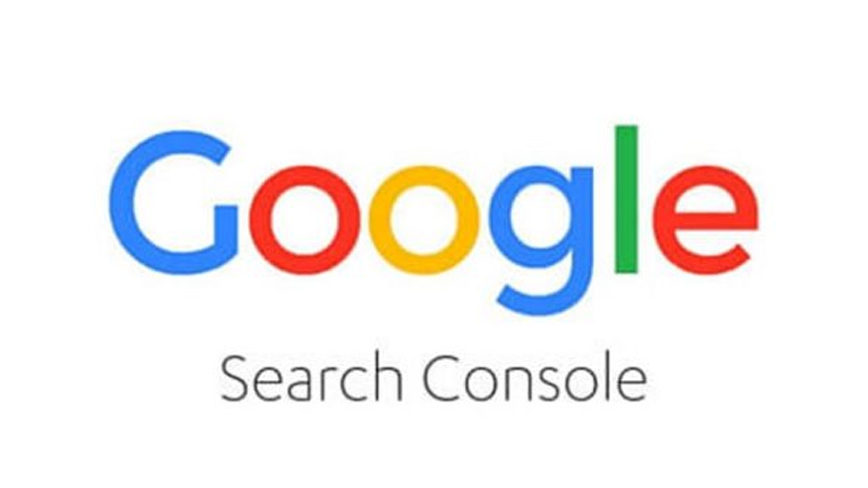
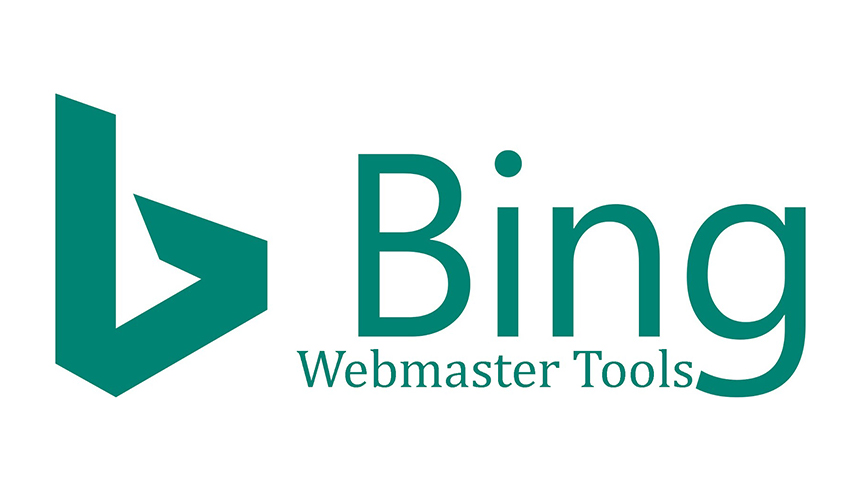
Google My Business and Bing Places for Business – Local Search, Local Results
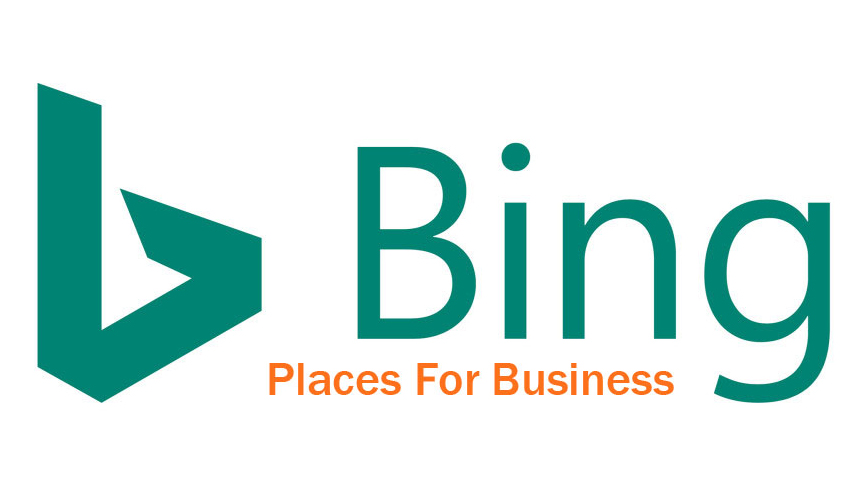

Now comes the “local” bit of the whole process. Google and Bing know where you are, and will offer local search results based on your location.
To show up on a local listing results page, you need to have a Google My Business Listing (… for Google) and a Bing Places For Business (… for Bing) listing. Both are free, although the real cost is in terms of maintenance.
There will always be local listings that appear to buck the trend, but in general you should create posts into each platform from your own blog content, at least monthly and encourage your customers to give reviews.
